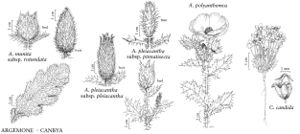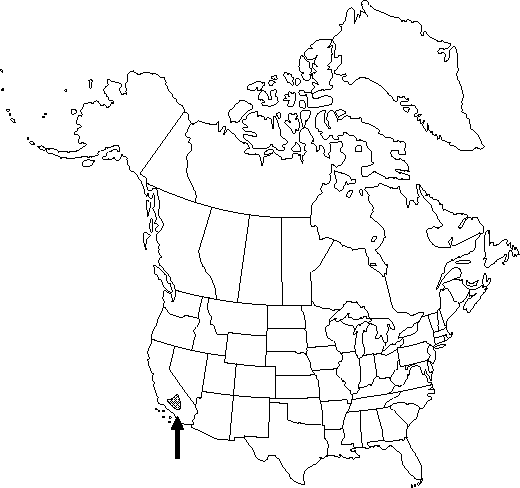Difference between revisions of "Canbya candida"
Proc. Amer. Acad. Arts 12: 51, plate 1. 1876.
Common names: White pygmy-poppy
Conservation concernEndemicIllustrated
Treatment appears in FNA Volume 3.
FNA>Volume Importer |
imported>Volume Importer |
||
| Line 58: | Line 58: | ||
|publication year=1876 | |publication year=1876 | ||
|special status=Conservation concern;Endemic;Illustrated | |special status=Conservation concern;Endemic;Illustrated | ||
| − | |source xml=https:// | + | |source xml=https://bibilujan@bitbucket.org/aafc-mbb/fna-data-curation.git/src/bb6b7e3a7de7d3b7888a1ad48c7fd8f5c722d8d6/coarse_grained_fna_xml/V3/V3_1086.xml |
|genus=Canbya | |genus=Canbya | ||
|species=Canbya candida | |species=Canbya candida | ||
Revision as of 22:58, 27 May 2020
Plants 1-3 cm. Leaves 5-9 mm. Inflorescences: peduncle 1-2 cm. Flowers: sepals 2 mm; petals marcescent, 5-7, white, elliptic, 3-4 mm; stamens 6-9; filaments shorter than anthers. Capsules 1.5-2.5 mm. 2n = 16.
Phenology: Flowering Apr–Jun.
Habitat: Dry, sandy ground
Elevation: 600-1200 m
Discussion
Of conservation concern.
Canbya candida has been found only in the western Mojave Desert.
Selected References
None.
Lower Taxa
None.

